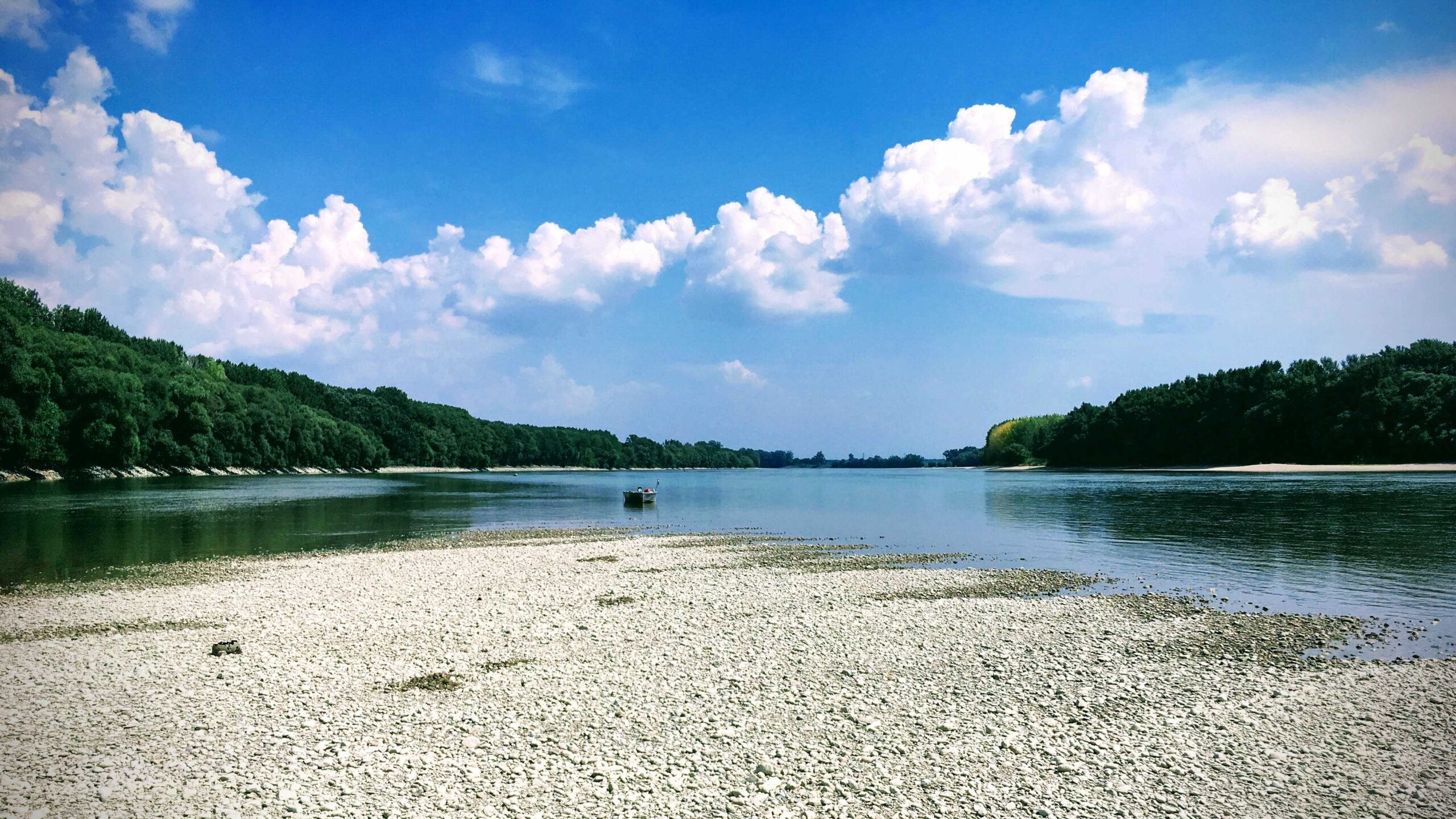The Faculty offers an MSc program in Infrastructure Engineering with a duration of 1.5 years. The program has 2 specializations: Specialization in Highway and Railway Engineering and Specialization in Water and Hydro-Environmental Engineering. Specialization in Highway and Railway Engineering provides advanced knowledge of transportation networks, highway and railway structures and design, intelligent transportation systems, economic and management aspects of transportation. The main goal of Specialization in Water and Hydro-Environmental Engineering is to provide enhanced knowledge and skills in the fields of water and wastewater treatment, modeling of hydrosystems, hydromorphology, hydroinformatics, ecology, and water quality monitoring.
Minimum criteria: Certificate of BSc in Civil Engineering Steps: pre-evaluation of the submitted documents: quality of BSc diploma, quality of BSc transcript, obtained credits in the field of infrastructural engineering, additional evaluated aspects: quality of motivation letter, extra-curricular activities (e.g. involvement in education, research, publication activities, technical contests, additional language knowledge, etc.), if required: online written admission test and/or interview.
You can study at BME with a scholarship or as a self-funded student, by paying tuition fees. Various scholarships help you cover tuition fees and your living expenses during your studies. Successful PhD students may receive additional support from research grants.
Graduated engineers have the necessary knowledge to perform planning, construction, maintenance, and operation tasks in the entire field of the civil engineering profession, with particular regard to infrastructure construction tasks. In accordance with their chosen specialization, they know the planning and analysis methods of urban transport, road and rail transport systems or water utility systems, the methods of water management and the operation of large water management facilities. They are able to recognize and understand problems arising in the field of infrastructure construction, formulate expert opinions, and develop solution strategies. They are able to apply and further develop procedures used in the planning, construction and operation of infrastructural systems.
Mathematics, Physics, Numerical Methods, Database Systems
Environmental systems, Ecology, Engineering works of infrastructure, Drainage of engineering constructions
Environmental economics, Accounting, Controlling, Taxation, Corporate Finance, Engineering Ethics
Graduated engineers have the necessary knowledge to perform planning, construction, maintenance, and operation tasks in the entire field of the civil engineering profession, with particular regard to infrastructure construction tasks. In accordance with their chosen specialization, they know the planning and analysis methods of urban transport, road and rail transport systems or water utility systems, the methods of water management and the operation of large water management facilities. They are able to recognize and understand problems arising in the field of infrastructure construction, formulate expert opinions, and develop solution strategies. They are able to apply and further develop procedures used in the planning, construction and operation of infrastructural systems.
